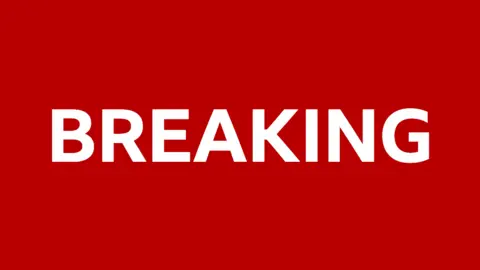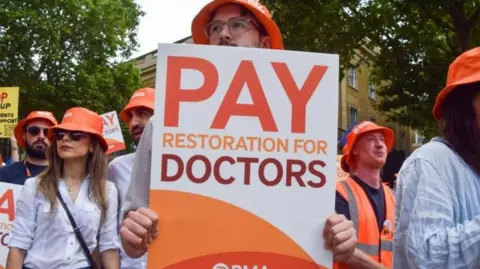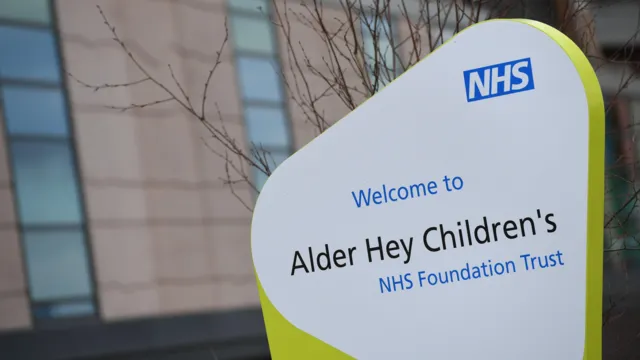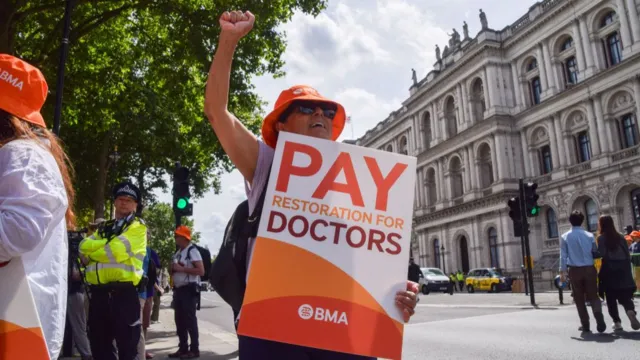Resident Doctors in England Vote Overwhelmingly to Strike Amidst Ongoing Pay Dispute
Resident Doctors in England Vote Overwhelmingly to Strike Amidst Ongoing Pay Dispute
In a significant development for the UK’s National Health Service, resident doctors across England have once again cast their votes in favor of industrial action. This decision marks another critical juncture in the prolonged dispute over pay and working conditions, highlighting deep-seated dissatisfaction within the medical profession.

The healthcare professionals, formerly referred to as junior doctors, have recently received a 5.4% pay increase for the current financial year. This follows a substantial uplift of 22% spread across the preceding two years. However, the British Medical Association (BMA) argues that these increases are insufficient to counteract the cumulative effect of pay erosion over many years.
According to the BMA, the real-terms value of doctors’ salaries has diminished by approximately 20% since 2008. The union is therefore pushing for a comprehensive “pay restoration” that accurately reflects the economic changes and the increasing demands placed upon medical staff. They emphasize that a fair and competitive salary is crucial not only for retaining talent within the NHS but also for ensuring the long-term quality of patient care.
The recent ballot saw an impressive turnout of 55%, with a resounding 90% of BMA members voting in favor of strike action. This strong mandate empowers the union to potentially organize further walkouts, affecting nearly 48,000 medical professionals. Despite the decisive vote, the BMA has indicated a willingness to engage in further discussions with the government. The union stressed that the announcement of specific strike dates is contingent on the outcome of these potential negotiations.
In a joint statement, the co-chairs of the BMA’s junior doctors committee, Ross Nieuwoudt and Melissa Ryan, conveyed a message of resolve tempered with a desire for resolution. “Our pay may have declined but our will to fight remains strong,” they stated. “All we need is a credible pay offer and nobody need strike.” This sentiment underscores the union’s position: that a fair offer could swiftly de-escalate the situation and prevent further disruption to vital public services.
The mandate secured by the BMA for industrial action is valid for a period of six months, extending into January 2026. This provides a significant window for dialogue and the potential for a negotiated settlement. The ongoing pay dispute reflects broader challenges within the NHS, including recruitment, retention, and the overall sustainability of healthcare provision in the face of increasing patient demand and economic pressures.
This is a developing story. More details will be added as they become available. Readers are encouraged to refresh the page for the latest updates. For real-time news on your mobile devices, the BBC News App is available, and breaking news alerts can be followed via @BBCBreaking on X.



Post Comment